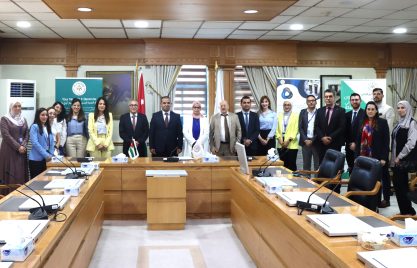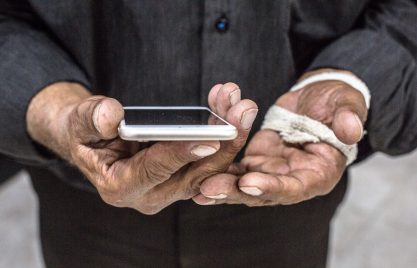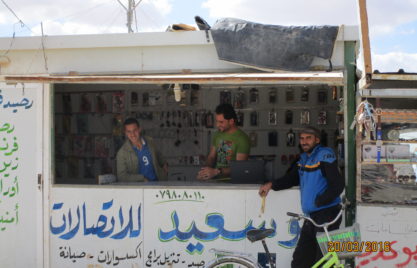Refugees and mobile money in Jordan: Can digital financial services improve the access to remittances in the context of forced displacement? Presenting experiences and lessons learned from the Digi#ances Project in Jordan.
The Digi#ances Project, which is part of the BMZ special initiative ‘Tackling the root causes of displacement, reintegrating refugees’ has been promoting the financial inclusion of low-income Jordanians and Syrian refugees without bank accounts from three directions: on the supply side, on the regulatory framework to meet international standards and on the demand side.
Under this Special Initiative – Tackling the Root Causes of Displacement, Reintegrating Refugees, the project has been scheduled for a term of 4 years and 1 month (from October 2015 to October 2019) before it was further extended for an additional two years.
When the project was further extended until October 2021, a team of international experts were commissioned to take stock of its achievements and lessons learned and define priorities for the Project’s future engagement. The team reviewed documents, Evaluations and literature on the Project and the digital financial services (DFS) market in Jordan; visited core stakeholders from the sector; participated in two focus groups with Syrian refugees; and conducted a field visit to Irbid to observe a training session, discuss relevant issues with trainers and participants, and visit two service points (agents) for mobile payments. The mission’s preliminary findings were presented to sector stakeholders at a workshop in November 2018 in Amman.
Without being a formal evaluation of the Project’s past engagement, the team has worked on issuing a Lessons Learned report that takes stock of core achievements and lessons learned and provides recommendations for the Project’s future work programme. Click here for the report.
By Batoul Elkhatib



